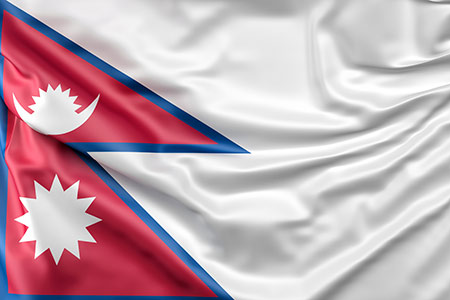
Explore MBBS Education in Nepal
Embarking on a transformative journey, pursuing MBBS in Nepal unveils a world of academic excellence and cultural enrichment for aspiring medical professionals. Renowned for its esteemed medical universities, Nepal beckons Indian students with a curriculum mirroring their homeland. Recognized by the National Medical Commission (NMC) and featuring Indian faculty, the programs provide a seamless transition. With a strong focus on practical and theoretical aspects, Nepal's MBBS education ensures a comprehensive learning experience. Boasting affordability, cultural affinity, and proximity to India, MBBS in Nepal emerges as a compelling choice, fostering the growth of future medical luminaries.
- Medium of Study: English
- Capital: Kathmandu
- Currency: Nepalese Rupee
- Weather Range: (9°C to 25°C)
- Direct Flight: Delhi to Kathmandu in 1-2 Hours
Top Universities
- 1. B.P. Koirala (BPKIHS) Dharan
- 2. Patan (PAHS)
- 3. Karnali (KASH)
| # | Tribhuvan University | # | Kathmandu University |
|---|---|---|---|
| 1 | Institute of Medicine (iom), Kathmandu | 1 | Manipal College of Medical Science, Pokhara |
| 2 | Nepal Army Institute of Health Sciences, Kathmandu | 2 | College of Medical Science (COMS), Bharatpur |
| 3 | Kist Medical College, Kathmandu | 3 | Kathmandu University School, Kathmandu |
| 4 | Chitwan Medical College, Bharatpur | 4 | Birat Medical College, Biratnagar |
| 5 | Gandaki Medical College, Pokhara | 5 | Kathmandu Medical College, Kathmandu |
| 6 | Universal Medical College, Bhairahawa | 6 | Nepal Medical College, Kathmandu |
| 7 | National Medical College, Birgunj | 7 | Nepalgunj Medical College, Nepalgunj |
| 8 | Janaki Medical College, Janakpur | 8 | Lumbini Medical College, Palpa |
| 9 | Nobel Medical College, Biratnagar | ||
| 10 | Devdaha Medical College, Devadaha |
Specific Information About MBBS in Nepal
MBBS in Nepal guarantees high-quality education aligned with Indian standards. Accredited by the National Medical Commission, the curriculum, taught in English, is complemented by Indian faculty. Small class sizes optimize learning, ensuring students receive personalized attention and a solid foundation in medical sciences.
Nepal offers a familiar cultural landscape for Indian students, facilitating seamless integration. The vibrant blend of Indian and Nepalese societies, coupled with a shared language, Hindi, creates a conducive environment. This cultural resonance enhances the overall MBBS experience, making Nepal an ideal destination for pursuing medical education.
The Remarkable Advantages of MBBS in Nepal
Embark on your medical journey with these compelling advantages of studying MBBS in Nepal:
- Accredited curriculum aligned with Indian standards and recognized by NMC.
- English-taught programs with Indian faculty ensure academic excellence.
- Small class sizes for personalized attention and strong foundational learning.
- Cultural affinity, fostering seamless integration for Indian students.
- Shared language, Hindi, contributes to a conducive learning environment.
- Affordable tuition fees compared to many Indian and foreign medical universities.
- Recognized degree by NMC opens avenues for global medical practice.
- Proximity to India ensures easier travel for students and their families.
- Availability of Indian food items adds to the comfort of Indian students.
- No language proficiency test requirements such as IELTS or TOEFL.
- No visa required for Indian students; easy and hassle-free documentation.
- Friendly environment with a diverse student community enhances the overall experience.
Embark on a transformative medical education journey in Nepal—where excellence meets accessibility, innovation, and cultural richness.
Recognition of Nepal Medical Universities
Nepal medical universities are recognized by several esteemed institutions:
- National Medical Commission (NMC).
- World Health Organization (WHO).
- Educational Commission for Foreign Medical Graduates (ECFMG).
- Foundation for Advancement of International Medical Education and Research (FAIMER).
- World Federation for Medical Education (WFME).
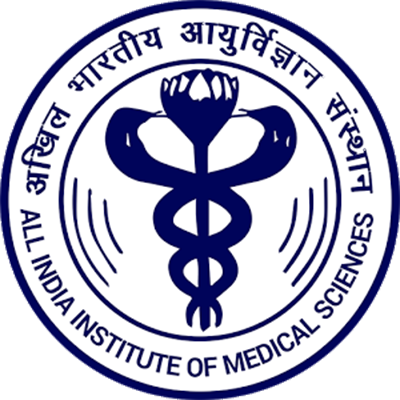
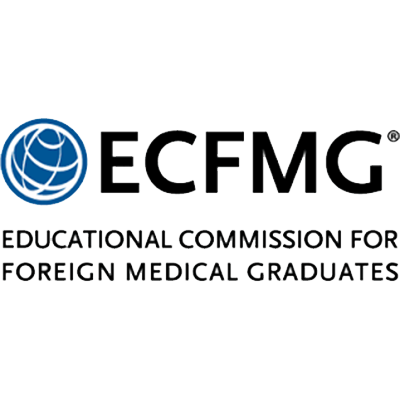
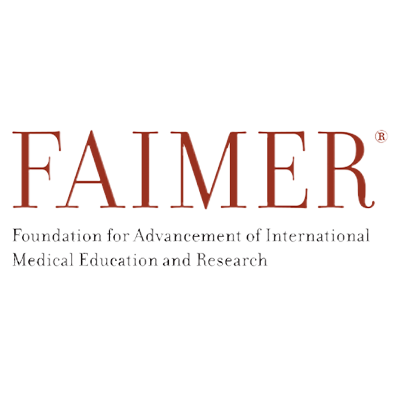

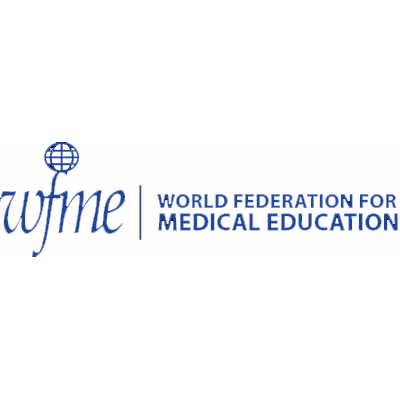

MBBS in Nepal: Cost, Duration and Eligibility
- Affordable tuition fees for MBBS in Nepal make it economically feasible for students.
- The duration of MBBS in Nepal is 5.5 years, including a one-year internship.
- Eligibility criteria include 17 years age, 10+2 with Biology, Physics, Chemistry, and NEET qualification.
- Low-cost living and diverse scholarships make Nepal an attractive destination for Indian students.
- No entrance exam is required, and the admission process is straightforward for students.
- The cost of living in Nepal is comparatively lower than in many other countries.
- Installment options are available, easing the financial burden on aspiring medical students.
- No language proficiency tests like IELTS or TOEFL are required for admission.
- Indian students do not need a visa for studying MBBS in Nepal.
- Recognition by NMC and WHO ensures the quality and acceptance of Nepalese medical degrees.
Documents Required for MBBS in Nepal
Candidates aspiring for MBBS admission in Nepal must prepare and present the following essential documents:
- Mark sheets of 10th and 12th standards from a recognized board are essential.
- Birth certificate, proving the student's age, is a mandatory document for admission.
- Nationality proof, such as voter ID or Aadhaar card, is required to confirm nationality.
- Valid passport and passport-size photographs are necessary for international students.
- NEET scorecard from the respective admission year is a prerequisite for eligibility.
- Certificate of health and fitness, ensuring the student's well-being, is mandatory.
- School Leaving Certificate (SLC) serves as proof of completing the previous academic level.
- Certificate of Conduct provides information about the student's behavior and discipline.
- Recently captured colorful photos (5) are required for identification purposes.
- NMC certificate, issued by the National Medical Commission, is crucial for enrollment.
Ensure a smooth admission process with these necessary documents for MBBS in Nepal.
Process of Admission for MBBS in Nepal
- Submit the online application form for the desired MBBS program in Nepal.
- Upon acceptance, secure the invitation letter from the respective university or college.
- Pay the first-year's tuition fees as per the fee structure provided by the institution.
- Apply for a student visa to ensure legal residence during the entire MBBS course.
- Book flight tickets to Nepal, ensuring timely arrival for the academic session commencement.
- Prepare and submit required documents, including mark sheets, passport, and NEET scorecard.
- Complete the necessary health checkup and provide a fitness certificate for verification.
- Ensure the availability of a valid passport for the entire duration of the academic program.
- Participate in any entrance examinations conducted by Nepalese universities, if applicable.
- Follow the guidelines and instructions provided by the chosen university for successful admission.
Teaching Techniques Adopted for MBBS in Nepal
- Lectures by experienced faculty deliver essential theoretical knowledge to medical students in Nepal.
- Practical hands-on training includes clinical rotations, allowing students to apply learned concepts in real scenarios.
- Interactive seminars and discussions foster a collaborative learning environment among MBBS students.
- Regular case studies and problem-solving exercises enhance critical thinking and decision-making skills.
- Modern audiovisual aids, including multimedia presentations, support effective visual learning in medical education.
- Simulation labs provide a safe space for students to practice various medical procedures before clinical exposure.
- Group discussions and peer-to-peer learning promote teamwork and shared insights in the medical field.
- Continuous assessments and periodic exams ensure ongoing evaluation of students' progress and comprehension.
Great Career after Completing MBBS in Nepal
- Opportunity to pursue postgraduate studies and specialize in diverse medical fields globally.
- Eligibility to appear for licensing exams, including the NMC screening test for practice in India.
- Possibility to work as a medical professional in Nepal or return to India for practice.
- Access to a wide range of career paths, such as clinical practice, research, or teaching.
- Global recognition of the MBBS degree allows graduates to explore international job opportunities.
- Potential to contribute to community health through medical camps, NGOs, or public health initiatives.







